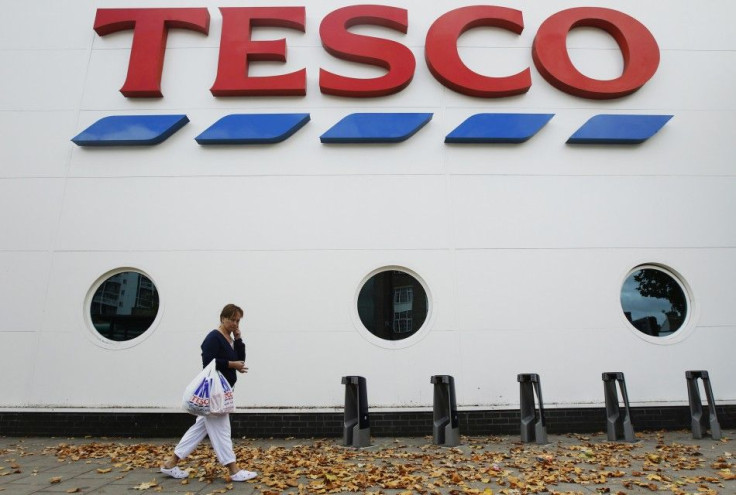UK’s Tesco Applies To Enter Indian Market, But Other Retailers Might Not Dip Their Toes In Subcontinent Yet

British supermarket and retailing giant Tesco PLC (LON: TSCO) said it wants to open multibrand stores in India, making it the first international retailer to enter the huge Indian market after New Delhi lifted restrictions on foreign investments into the retail space in September 2012. Tesco, the third-biggest retailer in the world, has applied to India's Foreign Investment Promotion Board and initially plans to invest $110 million in the country. On acceptance of the bid, Tesco will operate in India through a 50-50 partnership with the Mumbai-based conglomerate, Tata group.
According to its application, Tesco proposes to open three to five stores every financial year and plans to sell 14 categories of products, including tea, coffee, vegetables, fruits, meat, fish, dairy products, wine, liquor, textiles, footwear, furniture, electronics, jewelry and books. Under new rules approved by India’s trade ministry last year, foreign investors can now own up to 51 percent of their operations in the country, which is perhaps one of the largest untapped retail markets left in the world, not only due to its sheer size, but its rising middle class.
Specifically, Tesco said it will enter India by investing in the Tata-controlled Trent Hypermarket Ltd., which operates the Star Bazaar and Star Daily franchises in the western India province of Maharashtra and in the southern state of Karnataka.
India had not received any such application by a foreign retailer until now (15 months after the government removed investment barriers), partly due to heavy government regulations and serious political opposition. Indeed, recently Wal-Mart (NYSE: WAL), the largest retailer on the planet, canceled a wholesale joint venture with India’s Bharti Enterprises, due to draconian regulations. "We welcome the decision of Tesco to invest in India," India’s Commerce and Industry Minister Anand Sharma told reporters. "And on our part, we assure them all support for expedited clearances. ... We hope that this will mark a new beginning in transforming India's retail industry. I am sure that the other global [retail] leaders will also look at investing in India.”
In August of this year, the Indian government further relaxed foreign investment rules by permitting global multibrand retailers to obtain 30 percent of their products – i.e., sourcing -- from local small and medium enterprises only at the beginning of their business operations, Business World reported. They will also be permitted to open shop in cities with populations below 1 million (which they had been banned from doing previously).
Interestingly, Tesco has decided to close its unprofitable stores in Japan and the United States (while restructuring its underperforming locations in its British base), but seems to think India offers huge potential. "We believe that our understanding of the Indian market, coupled with Tesco's unparalleled global retail expertise, will allow us to leverage the tremendous potential of the market to the benefit of all stakeholders,” said Noel Tata, the vice chairman of Trent Limited, according to Press Trust of India. Tesco also operates stores in China, South Korea, Thailand, Malaysia, Poland, Hungary, Ireland, Slovakia, Czech Republic and Turkey.
However, given India’s slowing economy and lack of corporate investment, Tesco may be entering into some risky waters. In India, the opening of the country to foreign retailers remains controversial – opponents of the ruling Congress Party fear this will eliminate millions of the country’s small grocery stores. In response, Reuters noted, the government insists such investment will create millions of jobs and improve efficiencies in moving the food supply from farms to store shelves (thereby reducing the amount of food that has rotted and contributing to food price inflation).
However, another factor at play is next year’s general elections, which could remove the Congress Party from power and put in place the opposition Bharatiya Janata Party (BJP) party, which generally opposes retail ventures from foreign entities. "The new [investment] rules have removed some major stumbling blocks and should encourage foreign retailers to enter India," said Devangshu Dutta, head of retail consultancy Third Eyesight. "[But] most [foreign] retailers are still likely to wait for the outcome of the elections next year before they make a decision.”
© Copyright IBTimes 2024. All rights reserved.




















